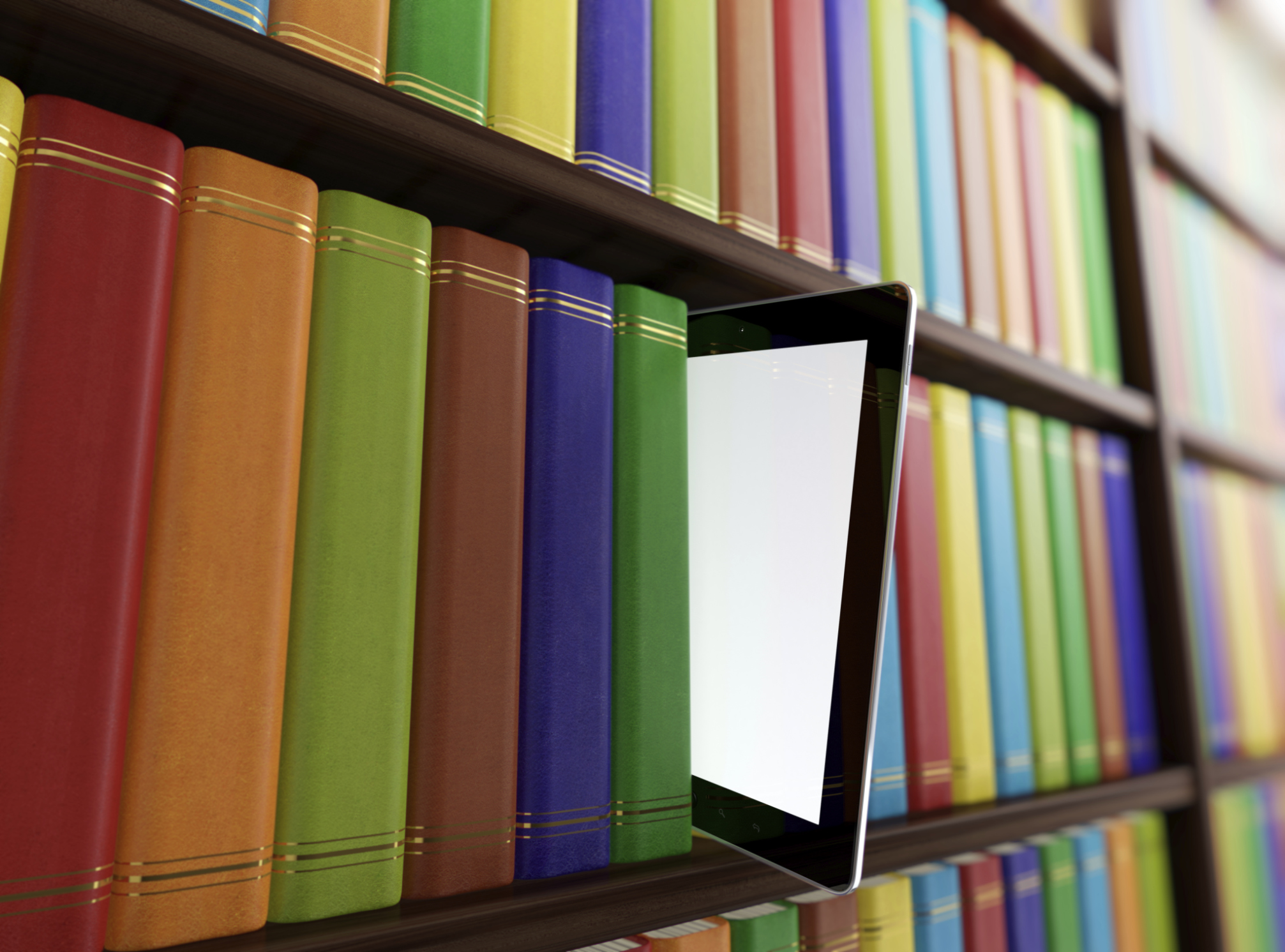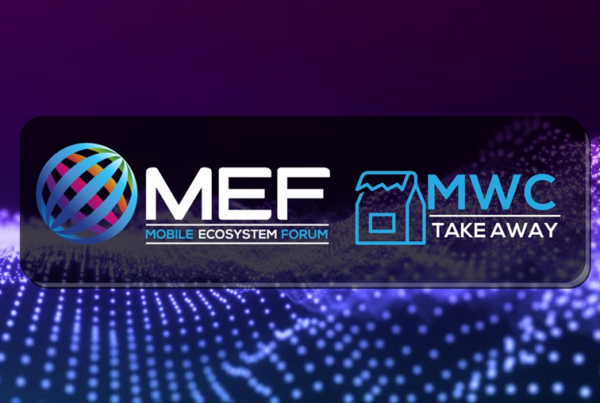Hardly anyone buys CDs and DVDs any more. But paperbacks keep selling. Tim Green wonders why we don’t have our noses in a good e-book yet.
There’s a bit of a row going on in the book publishing world at the moment. I don’t imagine it’s getting violent. Bookish types tend not to smash each other’s faces in (though James Elroy looks like he would be handy in a pub car park).
Still, the sleeves of tweed jackets are being rolled up. Why? Because of a disagreement about e-book sales.
Basically, one group believes sales are slipping. The view was expressed in the New York Times, referencing stats from Association of American Publishers, which said e-book downloads fell by 10 per cent in the first five months of this year.

Needless to say, e-books too have many advantages. So why has digital so comprehensively beaten analogue in music and software, but not in books? To me, there’s one obvious answer: paper books and e-books are virtually the same”
But then Fortune hit back. It published a piece suggesting that it’s only e-book sales by big traditional publishers that are falling. It argued that the sales of the top 1,200 traditional publishers (as represented by the Association of American Publishers) ‘are being conflated with the overall sales of the entire US ebook market’.
So who’s right?
I remember when e-books first emerged and firms like Mobcast pushed out the idea of reading novels on mobiles. Mobcast did such a good job of this, it was eventually bought by Tesco in 2012. Three years on, Tesco’s e-book division is no more. Now, you could put this down to a reflection of Tesco’s strategy rather than overall public appetite for e-books. Either way, it seems obvious to me that e-books just haven’t caused anything like the same cultural or economic upheaval as MP3s or apps for example.
Just look around you. How many people have portable CD players? How many buy CD-ROMs for $100 a pop? None. How many are still reading physical books? Loads. I’m one of them. I always have a novel on the go. Slipping into bed with Michel Faber and a book light is one of my greatest pleasures. The truth is, at every party I go to, from about 8.30pm, I’m thinking about it. And my night time reading is almost always paper. It’s just easier. You don’t have to charge a book. You can flick back instantly to check an earlier section. You can lend them or give them away.
Needless to say, e-books too have many advantages. So why has digital so comprehensively beaten analogue in music and software, but not in books? To me, there’s one obvious answer: paper books and e-books are virtually the same. Think about it. iTunes freed you up from buying albums full of fillers. You could just have the track you liked.
Editor
Mobile Money Revolution

Apps stopped you having to pay for suites of software. But you don’t want to buy a chapter of a book. You want the whole thing, which you consume in exactly the same way as before (in your hands, 15 inches from your face). Also, it’s great to carry 10,000 songs. You can choose one to suit your mood. But who needs 10,000 on-demand books? Who reads a paragraph of Tolstoy when they’re feeling soulful, then switches to a page of PG Wodehouse to get them in the mood for a PARTAY?
This, to me, is why print books endure. It’s not nostalgia, it’s logic. Given two identical products with similar price points, you weigh up the pros of each form factor and make your choice.
For most people in 2015, print still wins.






